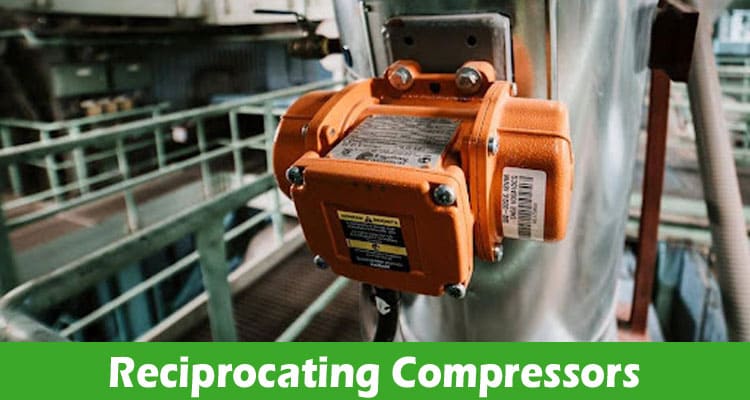Industrial operations rely heavily on various types of equipment to maintain efficiency, safety, and productivity. Reciprocating compressors play a pivotal role, especially in high-pressure applications. They are essential for numerous tasks, including refrigeration, gas transmission, and air compression for industrial tools. Recognizing the importance of these machines can lead to a better understanding of their impact on various industrial sectors. Below, we’ll detail reciprocating compressors’ workings, benefits, and maintenance.
Understanding Reciprocating Compressors and Their Industrial Significance
Reciprocating compressors are positive displacement machines that increase the pressure of a gas by reducing its volume. This technology involves a piston moving back and forth within a cylinder, compressing and displacing the working fluid. As a result, these devices are well-suited for applications that require high pressure, making them indispensable in many industries.
Every industrial sector demands reliability and efficiency, traits that reciprocating compressors deliver effectively. What sets them apart is their ability to handle a variety of gases, including hazardous or explosive ones, with appropriate safety mechanisms in place.
These compressors also excel in their energy efficiency, which is crucial given the current focus on sustainable industrial processes. By integrating variable speed drives, reciprocating compressors can adapt to demand fluctuations, conserving energy without compromising performance.
Their longevity and adaptability bolster their industrial significance within diverse settings. From oil refineries to chemical plants, reciprocating compressors provide the pressurized gas necessary to keep critical processes running smoothly. In addition, their versatility extends to operating in remote or challenging environments, further enhancing their value across a spectrum of industrial operations.
Reciprocating Compressors in Manufacturing: Enhancing Efficiency and Reliability
In manufacturing, uptime is money, and equipment failure is not an option. Reciprocating compressors are renowned for their reliability and are often employed in operations that cannot afford unexpected downtimes. The dependability of these compressors arises from their simple yet robust design that can withstand harsh manufacturing environments.
They also enhance efficiency by enabling precise control over pressure and flow, a necessity for high-quality production standards. Manufacturers rely on the compressors’ consistent performance for pneumatic equipment operation and process gas transportation.
Another facet where reciprocating compressors impact manufacturing is through energy recovery. Many of these compressors are designed to reclaim waste heat generated during compression, which can be repurposed to complement other energy requirements within the facility.
Continuous development in compressor technology further allows customization to meet specific manufacturing needs. From small-scale workshops to vast industrial complexes, these compressors are scalable and can be integrated into various stages of a manufacturing process.
Maintenance and Safety Protocols for Industrial Reciprocating Compressors
While reciprocating compressors are robust, regular maintenance is key to prolonging their lifespan and ensuring safety. Routine checkups can prevent minor issues from escalating into significant problems that could lead to operational interruptions.
Preventative maintenance includes inspecting and replacing worn components, checking for leaks, and monitoring the compressor’s temperature and vibration levels. Comprehensive maintenance schedules extend the equipment’s service life and maintain efficiency.
Safety protocols are equally important due to the high pressures and volatile gases that these compressors often handle. Operators must be trained extensively on proper handling techniques and emergency responses. Implementing fail-safes and alarms can further mitigate risks associated with these machines.
Documentation and adherence to industry standards and regulations provide a safety net that underpins all operational aspects of these compressors. A well-maintained compressor is safer, underscoring the symbiotic relationship between maintenance and safety protocols.
Overall, the impact of reciprocating compressors on various industrial sectors cannot be overstated. Their reliable performance energy efficiency and safety advancements make them a cornerstone in developing any industry that demands precise and high-pressure gas control.


